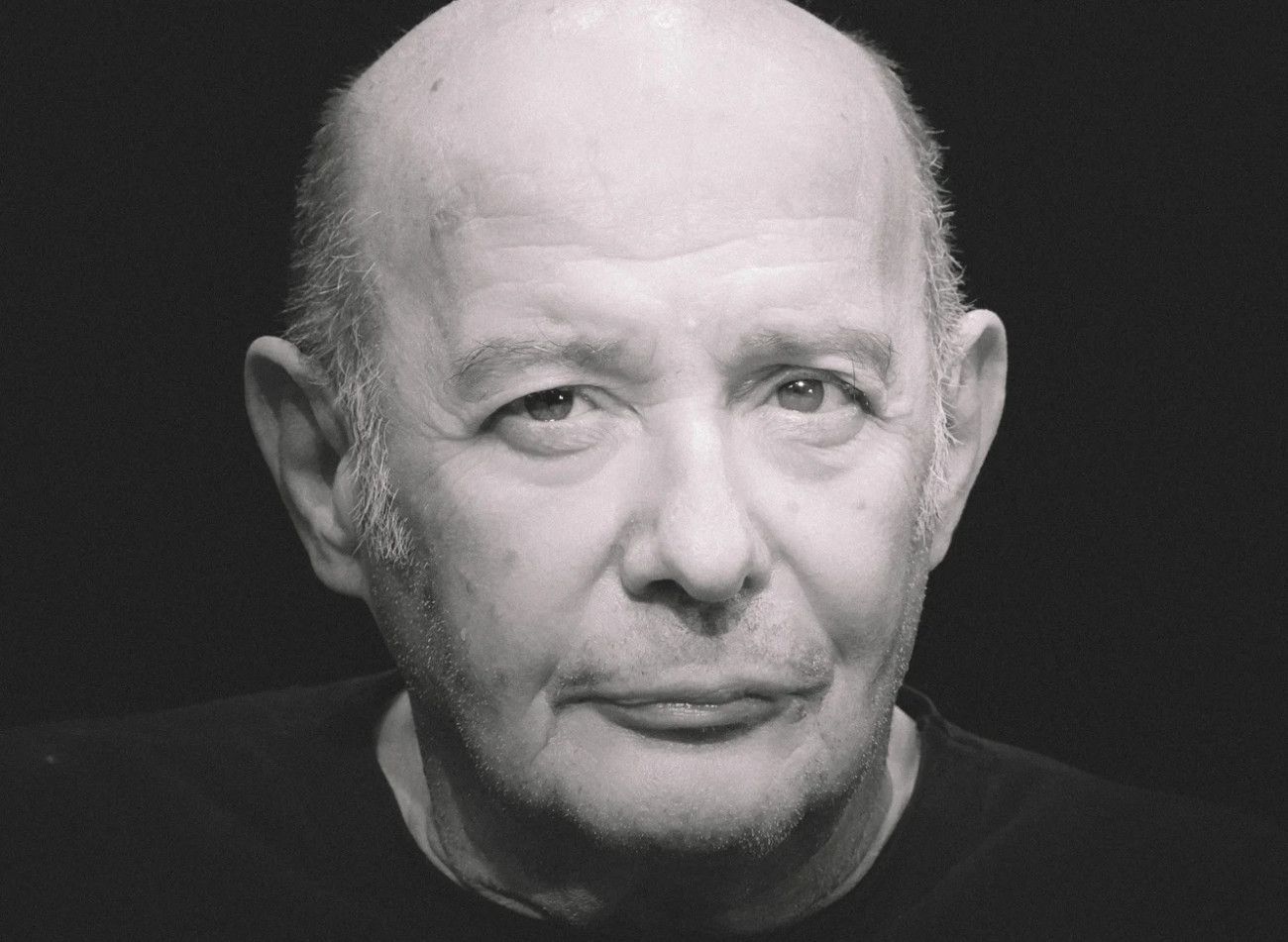Opinion | Don’t be naive when tackling gambling industry: perk her power in
/s3/static.nrc.nl/images/gn4/data129952146-532337.jpg)
If someone who did little else than gambling for months, I know how big the consequences can be. I stopped my studies, failed my part -time job and insulated me from my surroundings. In total I lost more than 20,000 euros.
I am not the only one with such a story. According to The last measurement performed by Ipsos I&O on behalf of the Scientific Research and Data Center (WODC), the Netherlands has an estimated slightly more than five hundred thousand people who show ‘moderate or high-risk gambling behavior’, about 5 percent of the number of people who sometimes play a game of chance. If someone becomes addicted, then the person has compared to the general population Fifteen times more likely to die due to suicide – A connection that is not so strong in the event of any other behavioral addiction.
This Thursday, the Permanent Committee of Justice and Security will debate with State Secretary Teun Struycken (Legal Protection, NSC) about games of chance. The committee will evaluate the effectiveness of current laws and regulations. She also discusses the increase in gambling tax by 3.6 percentage points per next calendar year – which has already led to heated discussions from the sector. In addition, in relation to the current addiction prevention policy, recent research results are being examined. Will the debate lead to sufficient decisive measures, now that the damage of the current gambling policy is becoming increasingly revealed?
In one report That November last year was published, a committee describes The Lancet Public Health How gambling poses a threat to public health. One person with gambling problems influences on average at least six other people negatively. Conflicts are increasing, and loved ones become physically, emotionally or financially exhausted. Estimated 37 percent of people with gambling problems commit physical partner violence.
In addition, gambling has consequences for social inequality, because gambling problems are disproportionately divided over society. In the Netherlands, high-risk boxes occur more than twice as often among practically educated people as among university trainers, according to the Ipsos measurement. Other groups that are already social and economically vulnerable, such as people with a non-Western migration background, also fall prey to the seduction strategies of the gambling industry.
Society must pay for the price of all ‘Gambling Harms‘, as The Lancet calls it. Think of mental health care treatments, absenteeism and debt counseling processes. I myself not only had to turn to addiction care, but also to the Food Bank.
That The Lancet has now come up with this report is no coincidence: the global gambling industry is growing at lightning speed. It is estimated that consumers’ net losses will have risen to nearly $ 700 billion in 2028 (648.5 billion euros). In 2017 they amounted to around 400 billion. This growth is mainly driven by online dugs and the rapidly increased legalization thereof worldwide.
It is precisely this online branch that entails great risks and damage. Gambling on the internet have been designed as innocent ‘games’, but have considerably higher commitment and payment frequencies than traditional games of chance. Moreover, the OnlinCasinos always have their doors open and can be reached with a few clicks. All collected data from a player are used for tailor-made advertising and recruitment campaigns.
My decline started playing Cash or crashan interactive ‘game show’ including chat function and presenter. The game rounds of this type of game of chance are short. Due to the appearance of freedom of choice, constant speed and increasing tension of the game, the adrenaline screamed through my body. But because of that addictive design, I was able to lose hundreds of euros within a few minutes, regardless of place or time. Information or information was missing.
In the Netherlands, too, the online registration industry is growing rapidly, mainly due to the entry into force of the remote gambling (KOA Act) on October 1, 2021. Ten different parties were then almost completely free to seduce the whole of the Netherlands into gambling. Gok advertisements were then everywhere; From TV screen to bus shelters.
The main goal was that within three years 80 percent of the online collectors would play on a legal website, something that was already achieved in 2022. The Gaming Authority, independent supervisor, writes that this was « largely » caused by an increase in new players. Data from Ipsos I&O confirm that: of the more than one million people who played an online chance game in 2024, 70 percent did that for the first time after 2021. You can also see that this relatively new branch of the gambling industry is so very risky in the Ipsos measurement. No less than 21 percent of the OnlineGokkers exhibit ‘moderately or high-riskbol gambling behavior’. If we zoom in on young adults, that percentage will increase by a few percentage points.
During the round table discussion gambling last week, which was organized by MP Rosemarijn Dral (VVD) in the run -up to the Kamerdebat, Olivier Hendriks and Charlotte van Miltenburg (the two ultimate managers of WODC and IMSOS I&O) told us that the various studies of the Weta have already confirmed the worries that have already been introduced for the introduction of the Weta that the introduction of the Weta that has already been introduced. This meant Van Miltenburg mainly referred to an increase in problematic playing behavior and gambling addiction, especially with young adults.
If someone who only became addicted in the Netherlands after the legalization of onlineecasinos, I share those worries like no other. That is why I was very relieved when the cabinet announced that I want to implement a « fundamental change of course » of the gambling policy « to combat worrying developments. » State Secretary Struycken wants to anchor a new vision in the law in which all citizens are protected against the risks of games of chance.
The State Secretary takes thirteen measures for this. For example, the cabinet wants to increase the minimum age for « the most risky games of chance » to 21 years, introduce an umbrella playing limit and further limit the advertising for remote gambling. In addition, the powers of the Gaming Authority will be expanded.
That the government is now heading for joint responsibility is great news. At the same time, nothing has changed for the time being. When Struycken only starts at the end of this year with the « formulating a bill » – as he writes in the end of his letter – it will remain until at least 2027 Business as usual.
But it is possible to take measures immediately. A tightening of the duty of care does not require a legislation process of several years, since it is mainly anchored in the lower regulations.
Also managing better European cooperation to effectively dismantle and combat the ecosystem of illegal providers can be faster. The same applies to the rigging of warning campaigns on the intrinsically addictive nature of games of chance and clarifying the differences between the legal and illegal offer.
But even then we are not there yet. The legal duty of care of the online providers has been failed since the KOA Act entry into force, the Gaming Authority also confirms. More than a year and a half ago, she concluded in a study that the legal online veninos « do not intervene sufficiently quickly and adequately if a player may participate uniformly, or may have a gambling addiction ». The supervisor also stated that « almost all providers have extra -statutory limits for young adults ». Nevertheless, the Gaming Authority, insofar as publicly known, has only imposed a sanction once to an online chance playing company because of the poor addiction prevention.
In the meantime, since the start of legalization, the Gaming Authority had been able to switch to suspending or withdrawal of permits « when file research shows that a gambling provider does not sufficiently give substance to the duty of care ». Of course she must also be able to act hard against the illegal offer, such as the sector, Struycken and also the authority itself, but that should never be a reason to let the legal offer continue unprotected « , such as Floor van Bakkum, the prevention expert of addiction science in the Netherlands, formulated it in the round table discussion. Although it has not yet been proven one-on-one, everything indicates that the legal offer now has a suction effect for the illegal offer.
It seems to me, above all, that the power of the gambling industry is being restricted, especially now that our independent regulator in the round table discussion referred to the gambling companies as ‘colleagues’. According to research agency Dialogicthat on behalf of the WODC, the effects of three years of Dutch Online chance of play policy has evaluated, it has been ‘naive’ to put the care in the hands of ‘parties offering an addictive product and have to compete with each other for market share’. The government could put that care in the hands of an independent committee, consisting of scientists, care professionals and experiential experts. Our National Rapporteur Addictions, professor of Arnt Schellekens from Radboud University, will have this in 2023 through his report Gambling with health Already advised on the room, an advice that he brought up in the round table discussion. I hope that Schellekens’ advice will be listened to, and not to all the CEOs of gambling companies, which were also present at that round table discussion.

:format(webp)/s3/static.nrc.nl/wp-content/uploads/2025/06/05163439/data133217982-f902a2.jpg)
/s3/static.nrc.nl/wp-content/uploads/2025/06/06205808/web-0606BINspermadonatie.jpg)
/s3/static.nrc.nl/images/gn4/data133317775-d0126f.jpg)




